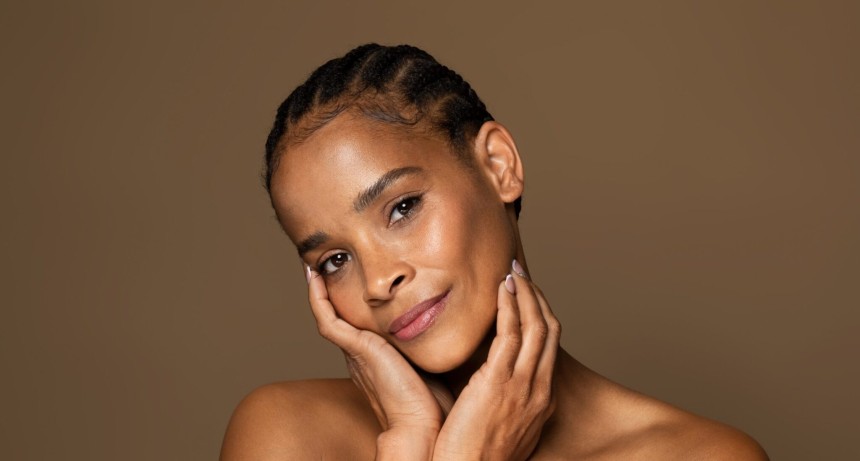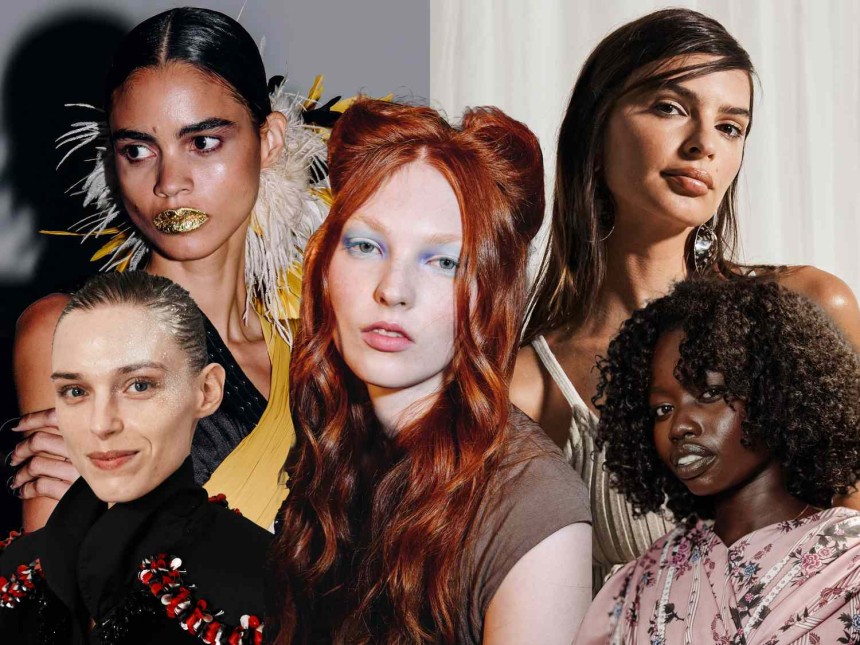
Let us Have an Open Discussion About Facelifts, Mental Health, and the New Era of Transparency in Plastic Surgery
In 2003, Nora Ephron wrote about feeling "terrible about her neck" with her trademark humor and emotional clarity. The topic seemed somewhat forbidden at the time, the sort of thing that was discussed behind big sunglasses or in salons.
Twenty years later, there has been a significant cultural shift. Transparency in plastic surgery is trending in 2025. No more evasive denials or excuses like "simply extremely nice sleep." Public personalities are going on record to celebrate facelifts rather than merely acknowledge that they have had them.
The proud matriarch of the Kardashian empire, Kris Jenner, is embracing her glow-up with her signature style. Her passion for facelifts is so strong that she has introduced merchandise, including a clean white t-shirt and matching baseball cap bearing the slogan, "I will Have What Kris Jenner Is Having." Whatever you think of it, that is some very clever self-marketing.
A Cultural Change in the Way We Discuss Aging
Something more profound than vanity or celebrity marketing is now coming to light. It is a radical change in the way we discuss aging, beauty, and—above all—mental health.
Jenner is not the only celebrity to talk openly about having surgery. Real Housewives star Sonja Morgan, fashion legend Marc Jacobs, and singer Sia have all taken to the public eye to explain their facelift experiences. To be honest, curiosity is already there, not because it is required. (Take a look at Google Trends; during the last 12 months, searches for "facelift" have increased significantly.)
Facelifts and the Underlying Emotional Layer

But it is the tone, not just the honesty, that sets this moment apart. These discussions are more about regaining self-confidence than they are about seeking young. Many people view a facelift as a means of bringing their inner self into line with their appearance rather than as an attempt to vanish into a younger version of themselves.
It is important to remember that changing your appearance does not imply that you are abandoning feminism, authenticity, or the ability to age gracefully. It is actually a form of emotional self-care for certain people. Like therapy, exercise, or wearing clothes that fit your body, cosmetic operations can be a component of a mental health toolkit when done carefully and openly.
However, it is not a panacea. Surgery will not instantly silence your inner critics or change the way you interact with time. However, it can reduce the volume for certain people.
Openness as Empowerment
The lack of shame in this new makeover discourse is remarkable. Plastic surgery is no longer stigmatized and is increasingly being associated with curiosity, compassion, and choice.

As we move into a new era, "having work done" no longer implies concealing something; rather, it indicates sharing it. And that change is important.
Because we provide space for everyone to raise their own questions openly when we discuss facelifts with depth, taking into account the emotional toll, financial realities, and societal constraints involved. without passing judgment. guilt-free.
The Bottom Line?
There is more to facelifts than just skin. They deal with how we feel about ourselves, and that is a subject that merits candid and compassionate discussion.
Therefore, whether you are Kris Jenner, Nora Ephron, or someone who is just thinking about their image in the mirror at 7 a.m., know that the discussion about facelifts is no longer superficial. It has become more vulnerable, more human, and, at last, more genuine.




5 Style & Beauty Tips for Women on the Go
Beauty-on-the-go is an art form that you can easily perfect given the right tips and tools...
